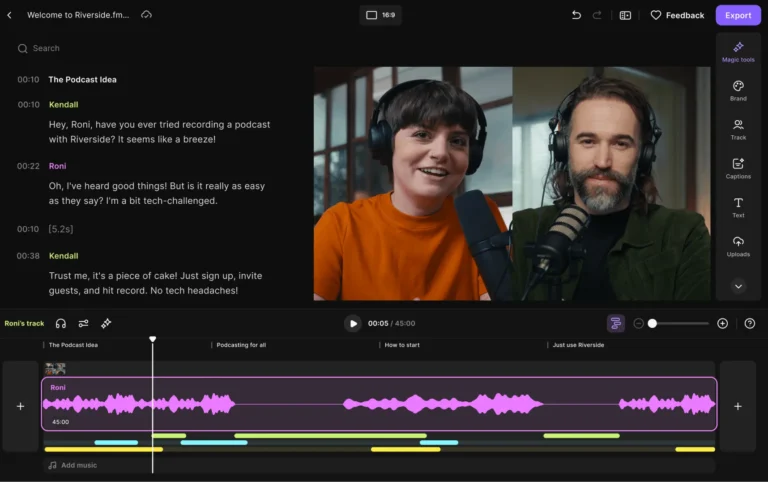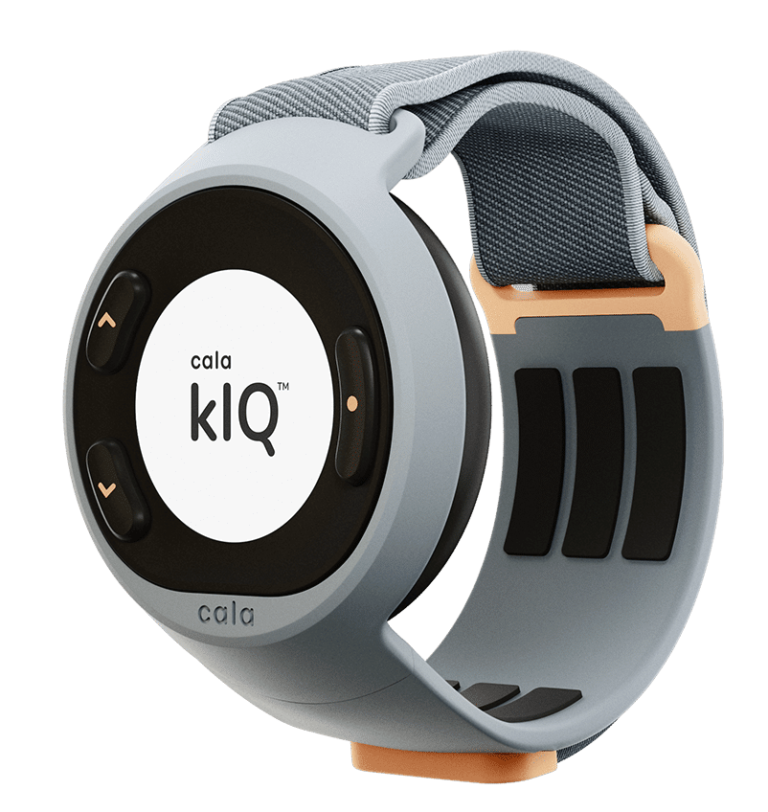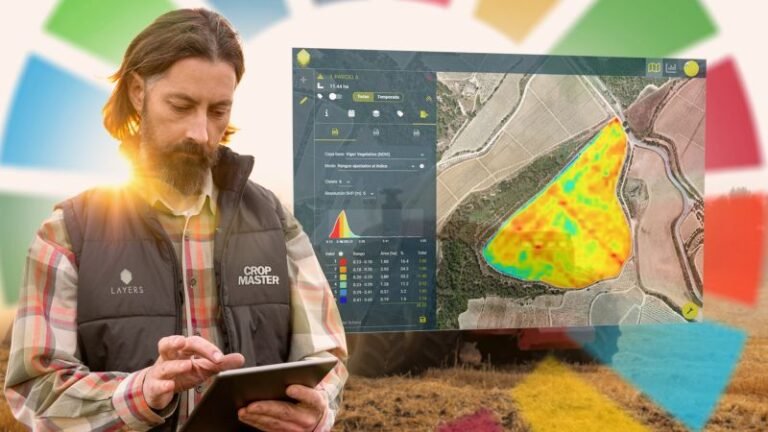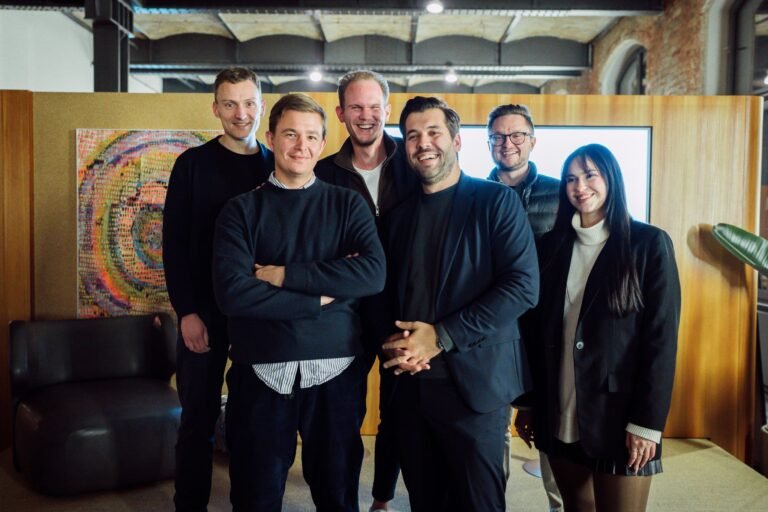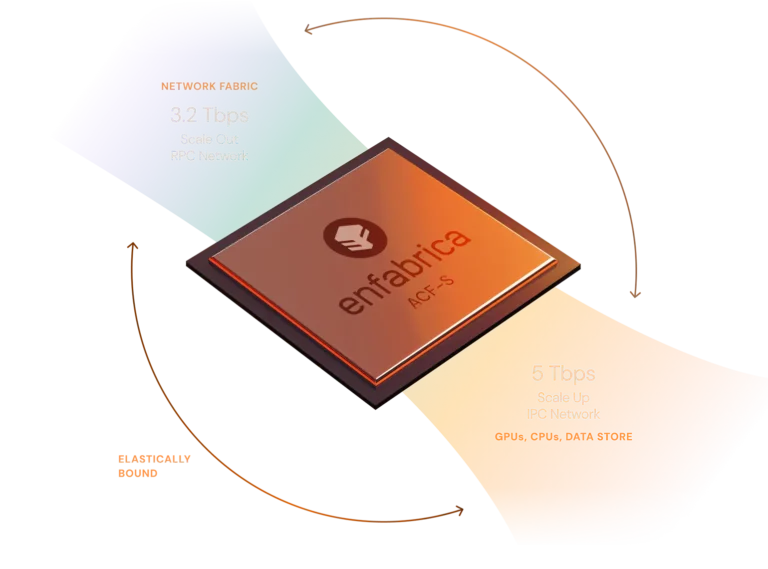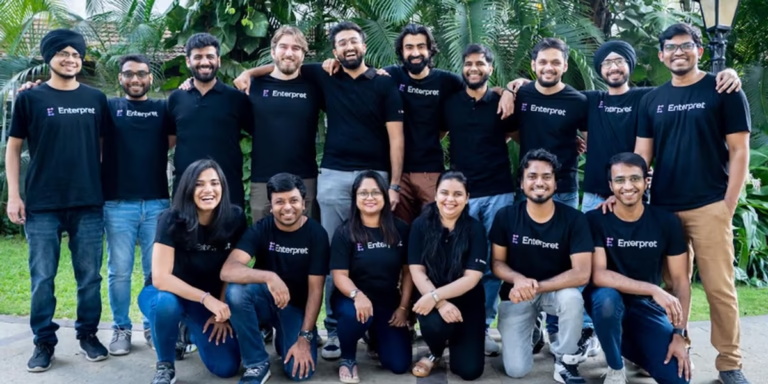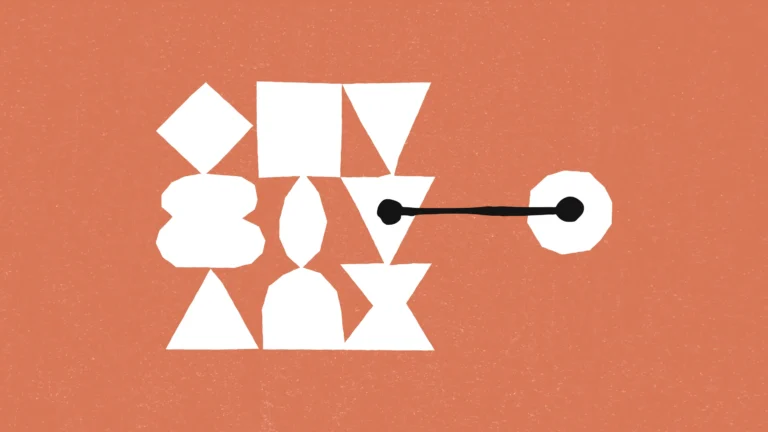Latest post
POSCO Group, the South Korean conglomerate specializing in steel production and battery materials, is trying to breathe new life into its failing steel business with state-of-the-art factory automation. The group has made an investment in Neuromeka Co., South Korea’s leading robotics manufacturer, with the hope of boosting efficiency and discovering new avenues for growth.

Neuromeka said on Friday it would issue 10 billion won ($7.2 million) in convertible bonds to POSCO Holdings Inc., parent of the world’s seventh-largest steelmaker, POSCO, and POSCO Future M, which ranks among the leading suppliers of electric vehicle battery materials. The strategic investment will grant POSCO Holdings a 3.81% stake in Neuromeka should the conglomerate exercise the bonds and acquire shares in the Kosdaq-listed robotics firm.
The news triggered a strong reaction in the stock market, with Neuromeka’s share price jumping 7.77% to close at 26,350 won, marking its highest closing value since July 24. This sharp increase contrasted with a broader market decline, as the tech-heavy Kosdaq index fell by 2.33%.
Boosting Steel Business with Collaborative Robots
POSCO’s investment in Neuromeka comes as part of a broader effort to enhance the automation of its steel factories. While the steel industry lags behind sectors like semiconductors and automotive manufacturing in terms of automation, POSCO has already begun implementing robotic systems in some areas of production. The collaboration with Neuromeka will likely expand this trend, using advanced collaborative robots and artificial intelligence (AI) systems to automate further operations and reduce costs.
Collaborative robots that can perform work in safety along with their human operators without requiring additional safety barriers are among key offerings from Neuromeka. Along with these industrial robots that can move up on three or more axes, the former is the new necessity for manufacturing operations to automate processes. “Through this integration, it will help drive efficiency in labor and cut costs with which labor has been charged,” POSCO says amid growing intensity in competition for the global market in steel.
Rising Competition and Increasing Costs
The Korean steelmaker, POSCO, has been battling pressure from cheaper steel products manufactured in China, besides the worldwide glut in supply. As a result, the company has already streamlined its operations through the closure of a wire rod mill in South Korea and has announced its intent to sell its stake in a Chinese stainless steel joint venture.In consideration of these facts, POSCO intends to benefit from the adoption of automation and integration with AI technology to reformat its systems into an efficient, intelligent system to sustain the challenge of competition. “POSCO has been fighting the cheaper goods of China, and they look for further cost cutting by way of automation and less labor-intensive costs,” observed a person in the steel industry. The aim is to employ intelligent factory systems that include AI and robotics to remain competitive in a more globalized marketplace.
A New Focus on Growth Engines: Robotics and Automation
This is the first major investment by POSCO Group since Chang In-hwa became the group’s chairman and CEO in March 2024. Chang is likely to emphasize the transformation of the company’s business model, with robotics and factory automation being the key growth areas. This is a new direction for the conglomerate, which has been known traditionally for steel production. Under Choi Jeong-woo, the predecessor of Chang, POSCO Future M was restructured into a major producer of battery materials.Chang expressed that he wants to build such a future where AI and robotics are part of growth for POSCO Group: “We aim to develop an intelligent factory, not just a smart factory-one that integrates AI and robot technology.” This vision betrays a strategic shift on the part of the group to modernize and intensify its competitive edge within the 21st century.
South Korea’s Robotics and AI Revolution
POSCO’s partnership with Neuromeka comes at a time when other South Korean conglomerates, such as Samsung and LG, are highly focusing on the convergence of robotics and AI technology. Samsung, for instance is a major shareholder in Rainbow Robotics, while LG Electronics holds a significant stake in Robotis, another leading robotics firm. These companies bet on the development prospects of the enterprise AI sector, believing that it has great prospects in manufacturing, healthcare, and logistics, among other sectors.This is consistent with the new trend by this conglomerate to be well-positioned at the spearhead of South Korea’s burgeoning robotics and AI economy. Moreover, this investment will enable POSCO access to newer technologies and provide new avenues for business opportunity outside the steel sector that will further be augmented going forward due to increasing requirements for automation in factories.
Restructuring and Strategic Investments to Ensure Future Success
Besides investing in Neuromeka, POSCO Group is aggressively restructuring its portfolio through divestment of its low-profit non-core assets. It recently sold one of its high-purity hydrogen peroxide joint ventures because it wants to consolidate and focus on higher growth areas such as robotics and AI.
This trend reflects the overall tendency among South Korean conglomerates to diversify and modernize their business models. In a constantly shifting global economy, POSCO is playing a safe game by banking on the future of robotics and factory automation to solidify its hold on the manufacturing sector.
